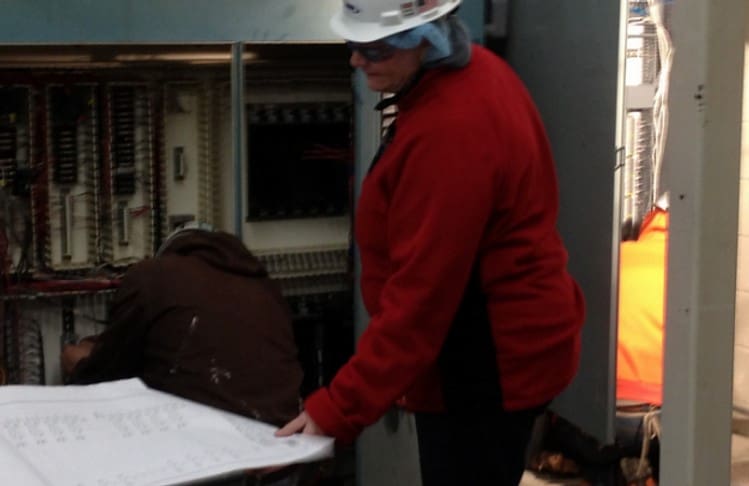The Environmental Protection Agency (EPA) is a federal agency responsible for protecting the environment and public health. One of the programs that the EPA administers to achieve this goal is the Risk Management Program (RMP).
Here is everything you need to know about the EPA’s Risk Management Program with insights from our process safety management consultants:
What Is The Risk Management Program?
The Risk Management Program is a regulatory program established under the Clean Air Act Amendments of 1990. Companies that use or produce certain hazardous chemicals must develop and implement a risk management plan (RMP). These plans must be submitted to the EPA and updated every five years.
What Is Its Purpose?
The RMP’s purpose is to prevent chemical accidents and reduce the likelihood of chemical releases that could harm human health or the environment. It does this by requiring companies to identify and assess the risks associated with their hazardous chemicals and to implement safety measures to prevent accidents, including conducting a process safety compliance audit.
What Chemicals Does It Cover?
The RMP applies to facilities that use or produce any of the following chemicals in quantities above a certain threshold:
- Highly reactive gases
- Highly toxic gases
- Certain flammable gases
- Certain flammable liquids
- Certain flammable solids
- Certain oxidizers
- Certain organic peroxides
What Are Its Requirements?
Facilities that are covered under the RMP are required to do the following:
- Conduct a hazard assessment to identify the potential consequences of a chemical release
- Develop an RPM that includes a description of the hazard assessment and the measures that will be taken to prevent chemical accidents
- Implement the RPM
- Submit the RPM to the EPA
- Update the RPM every five years
What Are The Consequences Of Noncompliance?
Facilities that fail to comply with the RMP can be subject to fines, penalties, and other enforcement actions. In addition, noncompliance with the RMP can result in chemical accidents, which can have serious consequences for human health and the environment.

We can assist any Pacific Northwest-based food, beverage, or pharmaceutical business. With Ice Cold Consulting as your independent auditor, you can be confident that your products are in process safety compliance.
For process safety consulting, process safety management services, and more, contact us at (844) 265-3737.




